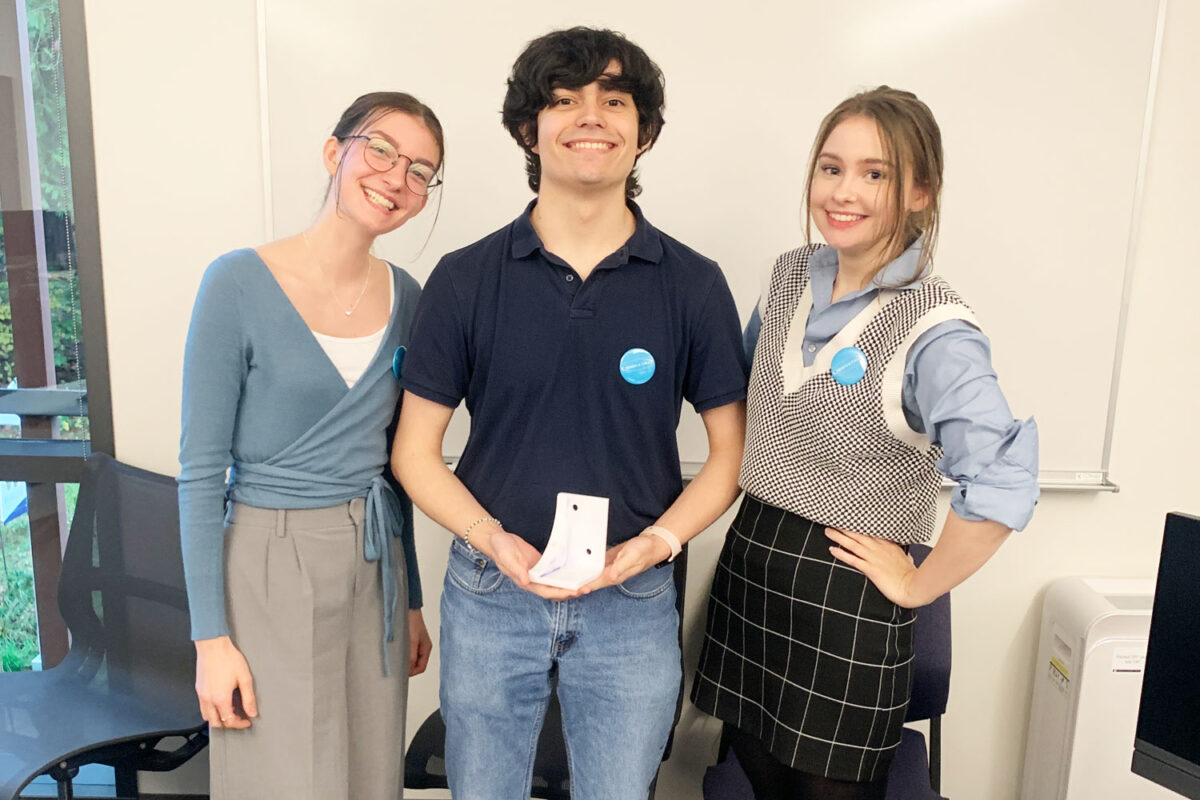
Students add power to Latino training institute
Longtime partners in community-based learning, the Latino Educational Training Institute and the University of Washington Bothell have teamed up again to produce a series of workplace health and safety videos for the state.
Workplace injuries hit the Latino population disproportionally, said Tom Laing, LETI associate director.
“The number of farmworkers who get their eyes poked working around trees is a big thing,” Laing said. And in construction, “the number of people displaced due to back and neck injuries is really high,” he said.
A trusted voice
The Lynnwood-based nonprofit, providing community services since 1998, works with the Washington state Department of Labor and Industries to provide health and safety information as well as job retraining for Spanish-speaking workers.
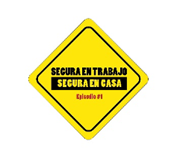
“To the extent we can provide good information from a trusted source, that’s where we have a leg up — being the trusted voice.” Laing said. “It needs to be targeted to the group, culturally and linguistically appropriate.”
That’s especially true with information about COVID-19, when there are fears in immigrant communities around data collection and vaccine efficacy, Laing said.
Because of its position in the community and its proven record with Labor and Industries, LETI received a $148,000 year-long L&I Safety and Health Investment Projects grant to produce a series of videos — starting with one that addresses COVID-19.
Best partners
Laing knew UW Bothell would be part of the project. LETI has been working with the University for six years, with students involved nearly every quarter. “As a community organization we rely on the fact our partners will be available to help us,” he said. “We don’t know exactly how, but we know folks will make it happen.”
Students from the School of Nursing & Health Studies have been involved in many projects, but they’re not the only ones connected through the Office of Community-Based Learning & Research. With LETI, students experience real work situations that complement classroom learning and help them build their portfolios and resumes. “I can’t say enough good things about the relationship we have with UW Bothell,” Laing said.
The relationship led to a job for Marisol Bejarano (Health Studies ’20) as the health and wellness coordinator for LETI and “part of our vision for next-generation management,” Laing said.
Bejarano also is one of the stars in that first video about COVID-19. Through dialogue, she conveys the message: “The activities you do to stay safe at work keep your family healthy — and vice versa.”
As many as five more videos are planned on various topics. The second one, which started production in April, is about farm safety. The third will be about preventing workplace violence.
Online push
For years, Laing and LETI founder-president Rosario Reyes have been wanting to build their online presence and YouTube channel in particular. The pandemic pushed them faster in that direction.
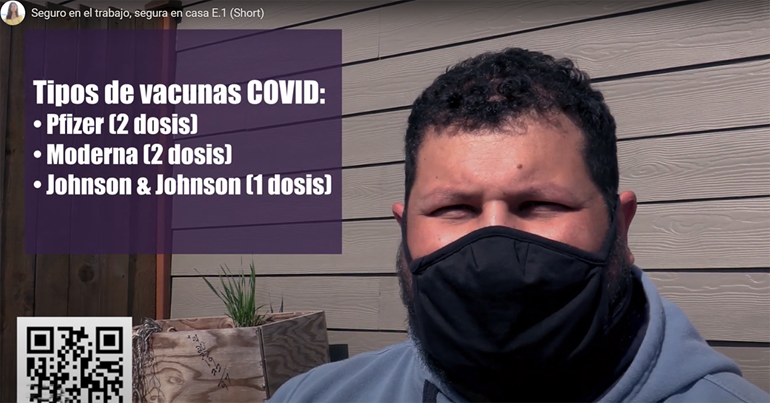
“The big thing we’ve been missing is skill and talent, and that was a large part of the reason I wrote the grant specifically with UW Bothell as a partner,” Laing said. “I knew video production was an area where we didn’t have any experience, but I see a lot of good videos come out of UW Bothell students in different classes. I felt confident there was going to be a resource there.”
Laing reached out to Annie Bruck, an occupational and environmental health nurse expert and faculty coordinator for the community health nursing course in the School of Nursing & Health Studies. Now a retired senior lecturer, she participates in the project as a consultant.
Bruck helped assemble part of LETI’s video production team. It included Lauren Huntoon, who is in the Master of Nursing program, and seniors Niaylah King and Terence Wu from the School of Interdisciplinary Arts & Sciences who are both majoring in Media & Communication Studies.
Meeting people where they are
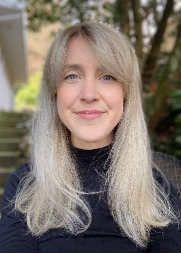
Huntoon, a primary health care nurse, was drawn to the LETI project for her MN fieldwork. She researched official, scientific COVID-19 information and drafted a video script focusing on vaccines.
“There’s so much misinformation out there, we wanted to make sure the Spanish-speaking community was getting access to vaccine information,” she said. Spanish-speaking members of the team translated and made sure it was culturally relevant and understandable to the general population.
“I wanted to get involved in this program to outreach to communities that might have been overlooked or traditionally experienced barriers to information,” she said. “It’s about getting people the knowledge and empowering them to take steps in their own lives.”
After she graduates in June, Huntoon hopes to work in public health or with nonprofits “that reach out to the community and meet people where they are, instead of having people come to us. I want to be more proactive in getting education to people.”
Perfect timing
King said the LETI project aligned with her interests in Latinx cultural studies and diversity. “That they needed help with video production was the cherry on top.”
It was an “extremely valuable” chance to demonstrate the skills she learned at UW Bothell to potential employers, she said.
“I saw this as an opportunity to step out of coursework and actually show that I have the flexibility to produce videos that work in the forms of a PSA or a quick flashy 30-second video for social media,” King said. “I thought it was valuable immediately as a way to build up my resume, my portfolio.
“I was getting really anxious, especially during the pandemic, to make sure I got some type of experience in my field before I graduated. I thought this was perfect timing, and it worked out really well.”
Her winter quarter portfolio work turned into a spring quarter internship. After graduating in June, she plans to continue with LETI as a volunteer.
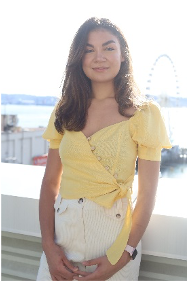
Digital reach
Beyond the current set of videos, Laing said the partnership with UW Bothell is building LETI’s overall digital capacity.
“It’s something we’re figuring out that we can do as a small organization,” Laing said. “We’re getting better with social media. We’ve never been in the YouTube market, but YouTube goes hand-in-hand with a lot of things we do.”
UW Bothell students are also helping with ways to distribute the videos. They will go on LETI’s website and Facebook page. Laing said there are plans for a short version of the coronavirus video to appear on the closed-circuit TV at the Mexican consulate in Seattle. It will feature a QR code that viewers can scan to go to the full video. The video also could be shown in a mobile consulate that travels to eastern Washington.
Other ideas are to publish the QR code in church bulletins and to challenge people to create their own workplace safety videos, Laing said.
“We have a lot of fresh ideas from the students, and I want to pursue as many of those as I can to see what’s going to work for LETI.”



